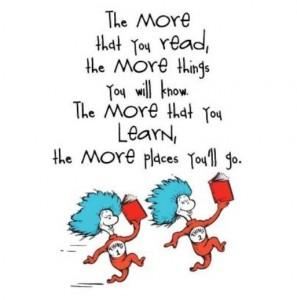Focus on Learning
Mrs Rebecca Hofman
Leader of Pedagogy

Focus on Learning
Mrs Rebecca Hofman
Leader of Pedagogy
Home readers are an important way for parents and carers to support their children in learning to read. Children need a lot of practice to develop their reading skills to the point of fluency and ten minutes of daily reading at home with a supportive adult can make all the difference.
It is very common for parents to assume that the readers their child is bringing home should challenge them. This is not the case. The home readers that are sent home are levelled appropriately to enable your child to successfully practice their reading skills - this ensures a pleasant and positive experience for your child.
Below are some tips for using your home readers effectively:
Preparing for reading with your child
Establish a positive routine. Dedicate time each day to read, find a comfortable location and remove any distractions (TV, mobile phone, iPads).
Before reading
Orientate yourself and your child to the book. Look at the title, cover and illustrations and ask questions such as 'What can you see on the cover?', 'What do you think this book may be about?', 'What characters do you think are in the book?'.
Go for a 'book walk', by looking at the pictures on each page and discussing what the child can see.
During reading
Allow your child to hold the book and encourage them to track the words with their fingers as they read. If your child becomes stuck on a word, use the Pause, Prompt and Praise method:
Pause:Don't jump in straight away and say the word. Give your child some time to use their decoding skills to work out the word.
Prompt: If they are unable to decode the word on their own, prompt them to look carefully at the sounds in the word. Can they say the beginning/middle/end sound? Can they recognise any parts/chunks of the word? You may like to use your own finger to cover certain sections of the word so the child can focus on certain sounds. If they are still having difficulty, the parent/carer may need to model the decoding by segmenting the word down into sounds, then quickly bringing those sounds together to blend, for example
'/b/ /l/ /a/ /ck/... black'.
Have the child then echo this by repeating the segmenting and blending process.
Praise:Praise your child for their decoding efforts. Go back and re-read the sentence again so your child is able to practice reading this word in a sentence.
At certain points throughout the text, you may like to stop and ask your child about what has happened in the story so far, what they think could happen next or how they are feeling about the characters/storyline.
After reading
Celebrate the reading journey with your child. Follow up with questions about the text such as asking them to retell what happened in the text, what their favourite part was, how certain characters may have been feeling or any similarities the text may have with your family.
It is common practice that your child will have the same home reader for a week. This is done purposely as re-reading a text will assist in building fluency and word recognition.
There are many ways you can adapt the reading process throughout the week to keep your child engaged. For example:
Most importantly, this should be a calm and positive experience for you and your child!

